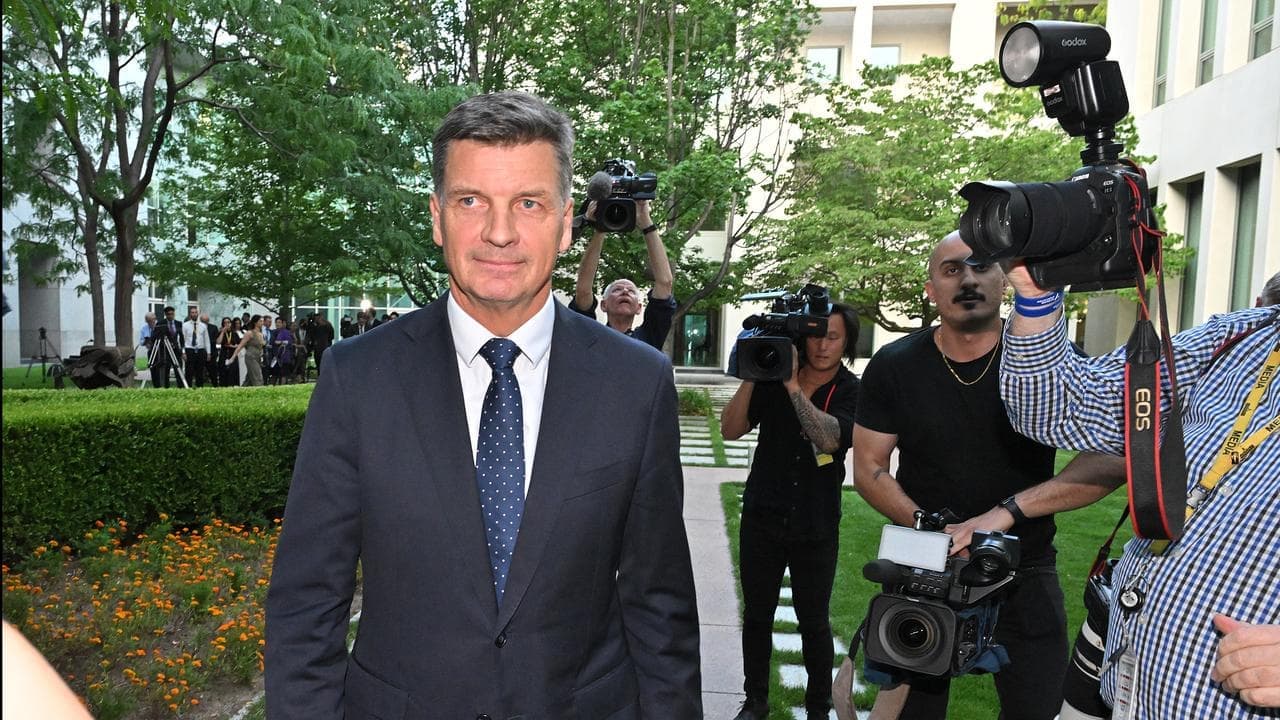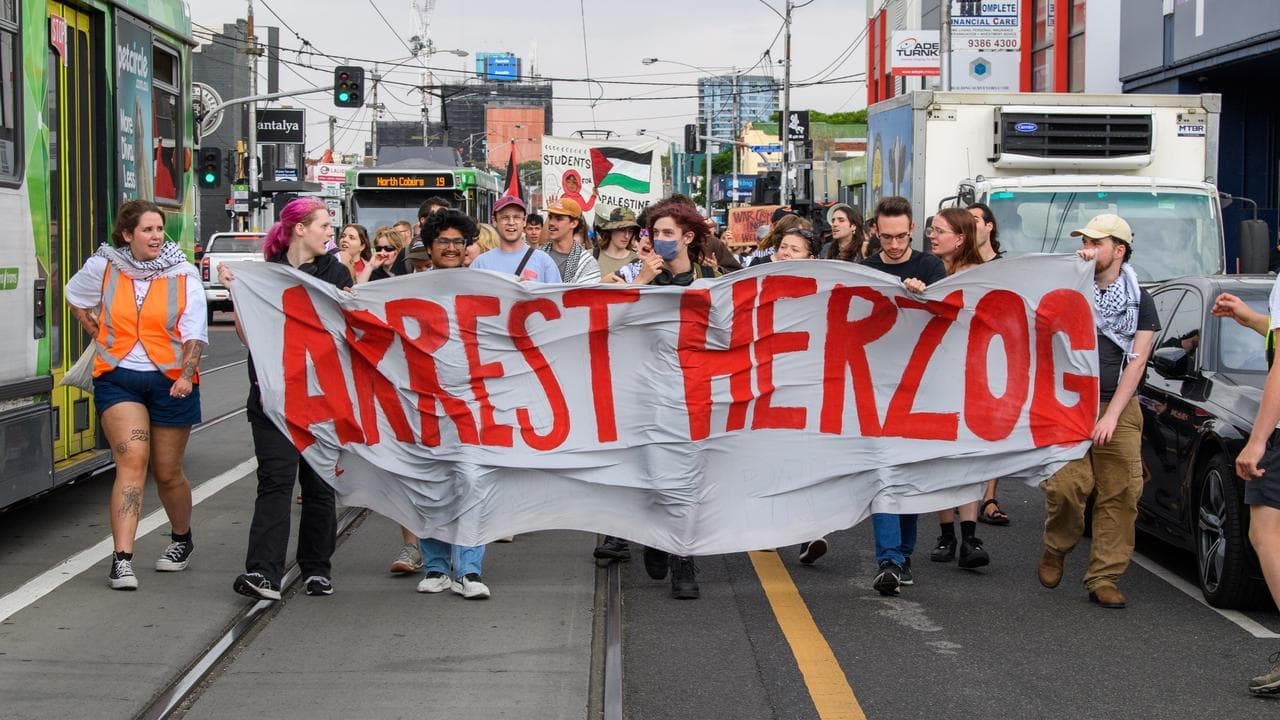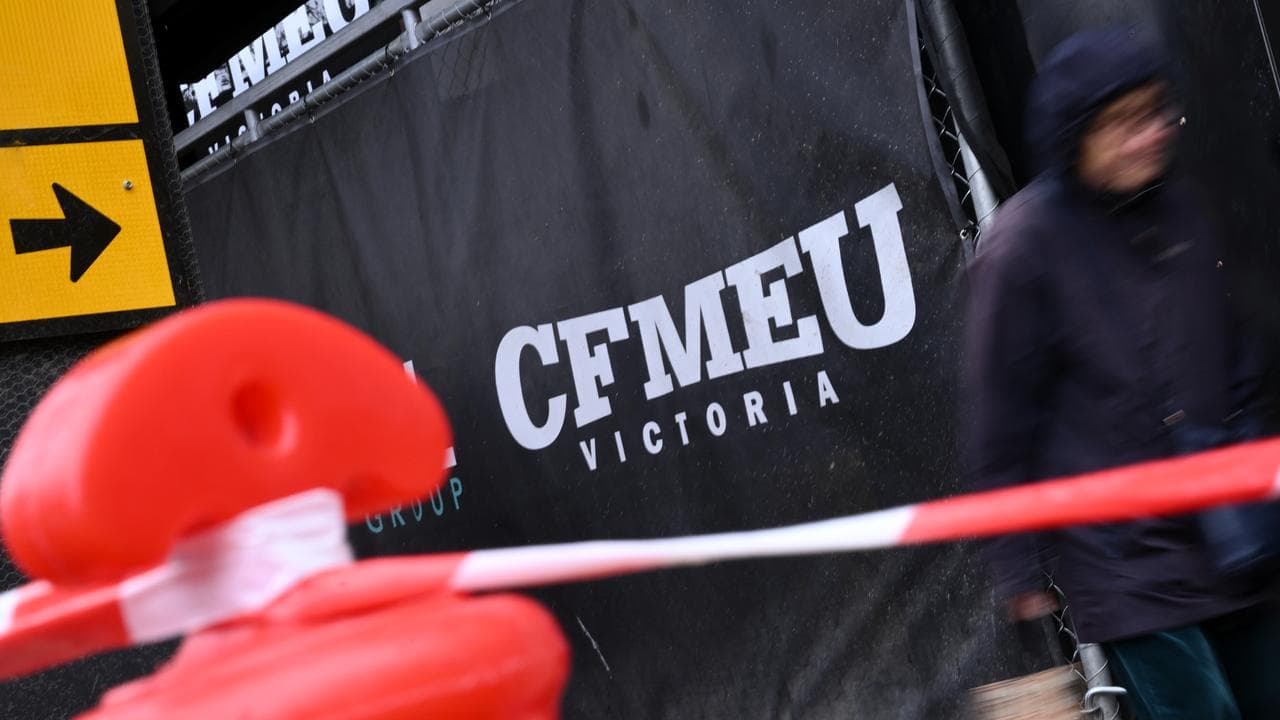Will our recycling be dumped in landfill due to skyrocketing costs and government inaction?
The Statement
“If the state government was committed to working with regional councils to have a sustainable recyclable industry, we would see a growth in recycling, more jobs for NSW and world's best practice in managing our waste. Instead we are seeing skyrocketing prices, due to the China policy and a risk that recycling will be lost."
Linda Scott, president of Local Government NSW (LGNSW), Labor councillor and deputy mayor of the City of Sydney Council, wants to work with the NSW government to help solve the recycling “crisis”. March 4, 2019
The Analysis
Councillor Scott wants the NSW government to work with councils to divert $727 million in revenue to develop waste management and recycling solutions to process rubbish previously shipped to China. Cr Scott believes this would prevent rising costs and the death of recycling. NSW Environment Minister Gabrielle Upton declared the LGNSW recycling argument was a "fact free zone". [1]
AAP Crosscheck examined Cr Scott’s claims the NSW government needs to work with councils to create a sustainable recycling industry to stop “skyrocketing” costs and recycling risked being “lost” as a result of China’s policy shift. As a result, Ms Upton’s claim the LGNSW recycling argument was a "fact free zone" was also checked.
On January 1 2018, China’s National Sword policy took effect banning the import of 24 categories of solid waste and kerbside recycling from Australia. [2]
Before China’s policy change in 2016/2017, 30 per cent or 1.27 million tonnes of all recycling sent overseas for processing by Australia was exported to China, according to a study (of ABS statistics) commissioned by the federal government. [3]
After China’s policy change started halfway through the 2017/2018 financial year, ABS data showed Australian recyclables exported to China fell to 17 per cent or 0.75 million tonnes, with paper, cardboard, and plastics most heavily affected. [3]
There was evidence supporting Cr Scott’s claim that China's new policy had led to “skyrocketing’ prices for processing recycled waste within Australia.
An Australian Covenant Packaging Organisation report found in the months following China’s announcement - but before its introduction - the average price of mixed paper scrap fell from around $124 per tonne to $0 per tonne. Scrap mixed plastics and cardboard similarly suffered, falling from $325 per tonne to $75 per tonne and $210 per tonne to $125 per tonne respectively. [4]
Queensland’s Ipswich City Council reacted to the price shift by announcing on April 17, 2018 all its kerbside recycling would go straight to the tip due to rising costs of recycling. [5]
Recycling contractors told the Ipswich council the charge to dispose of recycling items would “skyrocket”, with an increase of around $2 million each year. That would mean a council rate rise of 1.5 - 2 per cent. [6]
A public backlash however forced Ipswich council to reverse its decision after just 24 hours. [7]
Australia wasn’t the only country affected by China’s policy shift, leading to a global oversupply of recyclable materials, putting downward pressure on prices and reducing returns/profits. [8] [9]
There was no evidence to support Cr Scott’s claim that recycling risked being “lost” if state and local government didn’t work together to prevent it becoming landfill.
Research shows there is a public and corporate appetite for recycling and an economic benefit.
An October 2018 report by the Australian Council of Recycling, a peak national industry association established in 1983 representing about 70 recycling businesses, published a 10-point investment recycling industry plan, saying 90 per cent of Australians supported such a plan. ACOR said a key public policy driver needed to achieve the plan was leadership. [10]
Deakin University environmental sciences lecturer Trevor Thornton argued an all-of-government solution was needed. “One barrier is the lack of a centralised approach by all three spheres of government. It doesn’t make sense for state or local governments to have to manage this large-scale infrastructure issue in isolation.” [11]
Industry groups including Waste Management Association of Australia (WMAA) and Suez Waste Management also argued all levels of government need to work together to make recycling viable.
WMAA president Garth Lamb said: "Recycling in general, and the environment, is supposed to be a federal issue first and foremost - the state of our environment as a whole. Then it becomes state government in terms of managing waste, and then a local government (issue)." [12]
Regarding the viability of recycling and its economic benefit, the ACOR study said the recycling sector was valued at $20 billion and supported 50,000 jobs. [10]
The same study said some 500 jobs in Australia would be created by re-manufacturing in Australia 50 per cent of waste formerly sent to China.
And while China is no longer the major destination for Australian recycled waste, Indonesia, Vietnam, India, Malaysia and Thailand remain among the top export destinations, according to Data on Exports of Australian Wastes published in January 2019 by Blue Environment, an Australian environmental consulting company. [3]
AAP Crosscheck concludes two of Cr Scott’s three claims are true. Different levels of governments need to work together to make recycling viable and costs did “skyrocket” as a result of China’s policy shift. Her claim that recycling risked being “lost” was false.
Ms Upton’s claim the LGNSW recycling argument was a "fact free zone" was also false.
The Verdict
Somewhat True - Mostly accurate, but there is more than one error or problem.
The References
1: 'They can't eat and they starve': call for solutions into recycling crisis’. By Julie Power. The Sydney Morning Herald. March 4, 2019: https://www.smh.com.au/national/nsw/they-can-t-eat-and-they-starve-call-for-solutions-into-recycling-crisis-20190303-p511gf.html
2: ‘China’s National Sword Policy - The impact on Australia’s Recycling’. MRA Consulting Group. April 16, 2018: http://www.mraconsulting.com.au/PDFs/MRA_China_National_Sword.pdf
3: ‘Data on exports of recyclables from Australia to China’. Blue Environment Pty Ltd. May 11, 2018: https://blueenvironment.com.au/wp-content/uploads/2018/05/Exports-of-recyclables-from-Aust-to-China-v2.pdf
3: ‘Data on exports of Australian wastes’. Blue Environment Pty Ltd. January 16, 2019: http://www.environment.gov.au/system/files/resources/3e7b446f-0c76-492c-93e6-4ad15b473a30/files/data-exports-australian-wastes-issue-3.pdf
4: ‘Market Impact Assessment Report: Chinese Import Restrictions for Packaging In Australia’. Australian Packaging Covenant Organisation. March 30, 2018: https://www.packagingcovenant.org.au/documents/item/1224
5: ‘Recycling from more than 200,000 residents in Ipswich will go to landfill’. By Melanie Vujkovic. April 16, 2018: https://www.abc.net.au/news/2018-04-18/ipswich-recycling-all-being-dumped-in-landfill/9672064
6: ‘Ipswich council to send all recycling to landfill’. By Helen Spelitis. April 18, 2018: https://www.qt.com.au/news/breaking-ipswich-council-landfill-all-recycling-wa/3390488/
7: ‘Tipping point as recycling crisis spreads across Australia’. By Samantha Dick. March 1, 2019: https://thenewdaily.com.au/news/national/2019/03/01/australian-recycling-crisis-at-tipping-point/
8: ‘China’s recycling ‘ban’ throws Australia into a very messy waste crisis’. By Jenni Downes and Elsa Dominish. The Conversation. April 27, 2018: https://theconversation.com/chinas-recycling-ban-throws-australia-into-a-very-messy-waste-crisis-95522
9: ‘China made recycling expensive - and it could change how the world thinks about plastic forever’. By Chris Pash. Business Insider. September 21, 2018: https://www.businessinsider.com.au/china-citi-single-use-plastic-bags-waste-australia-2018-9
10: ‘Australian Council of Recycling’s 10 point plan for results based on recycling’ October 2018: https://www.acor.org.au/uploads/2/1/5/4/21549240/acor_10_point_plan_for_results-based_recycling_.pdf
11: ‘The ‘recycling crisis’ may be here to stay’. By Trevor Thornton. The Conversation. February 19, 2019: https://theconversation.com/the-recycling-crisis-may-be-here-to-stay-112055
12: 'The demise of kerbside recycling?: China ban disrupts rubbish removal and fills warehouses’. By Nick Kilvert and Carl Smith. February 8, 2018: https://www.abc.net.au/news/2018-02-08/the-demise-of-kerb-side-recycling/9407650












